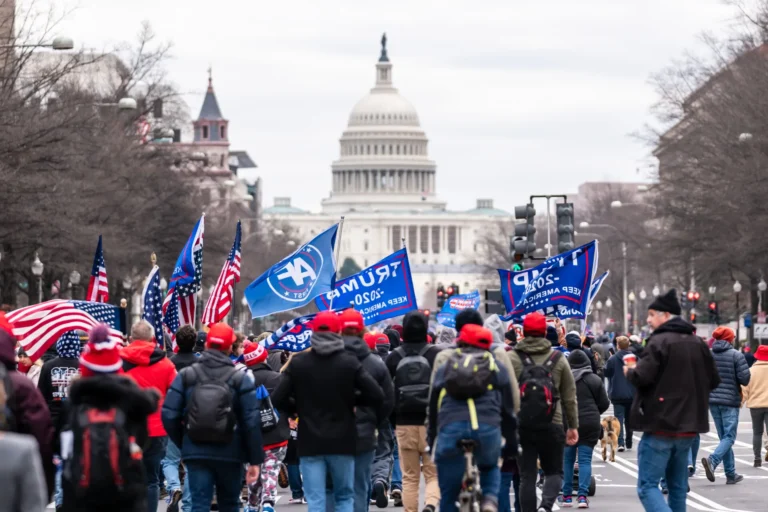Two top Chinese government think tanks reportedly have stated that China has the power to make the U.S.dollar collapse. How China Could Cripple The U.S. EconomyBy Cliff Montgomery – Jan. 28th, 2008Everyone’s thoughts these days are on economic worries. So we at thought it right to print quotes from a timely Congressional Research Service (CRS) report released this January. It reveals the foolishness of running up massive deficits…and of becoming a major debtor to communist China.The reasons for our concern will become obvious as you read the shocking quotes below:“Because of its low savings rate, the United States borrows to finance the federal budget deficit and its capital needs in order to enjoy healthy economic growth. It therefore depends on countries with high savings rates, such as China, to invest some of its capital in the United States. […]”China has intervened heavily in currency markets to limit the yuan’s appreciation. As a result, China has become the world’s largest and fastest growing holder of Foreign Exchange Reserves (FER), which totaled $1.4 trillion as of September 2007.”China has invested a large share of its FER in U.S. securities, which, as of June 2006, totaled $699 billion, making China the 2nd largest foreign holder of U.S. securities (after Japan). These securities include Treasury debt, U.S. agency debt, U.S. corporate debt, and U.S. equities.”U.S. Treasury securities are issued to finance the federal budget deficit. Of the public debt that is privately held, about half is held by foreigners. […]”Some U.S. policymakers have expressed concern that China might try to use its large holdings of U.S. securities–including U.S. public debt–as leverage against U.S. policies it opposes.”For example, various Chinese government officials are reported to have suggested that China could dump–or threaten to dump–a large share of its holdings to prevent the United States from implementing trade sanctions against China’s currency policy.”Other Chinese officials have reportedly stated that China should diversify its investments of its foreign exchange reserves away from dollar-denominated assets to those that offer higher rates of returns. […]”From March to October 2007, China’s [U.S.] Treasury holdings declined by about 8%. […]”An August 7, 2007 article in the Telegraph (an online British newspaper) cited interviews with officials from two leading Chinese government think tanks who reportedly stated that China had the power to make the dollar collapse…by liquidating large portions of its U.S. Treasury securities holdings if the United States imposed trade sanctions to force a yuan revaluation, and that the threat to do so could be used as a ‘bargaining chip.'”The article prompted concern among many U.S. policymakers, including Senator Chuck Grassley (R-IA), who, in an August 9, 2007 letter to the Chinese ambassador to the United States (Zhou Wenzhong), called the comments ‘dangerous’ and a factor in why the United States ‘is right to be concerned with China’s currency practices.'”The letter asked the Chinese government to confirm that ‘the comments do not reflect the official position of the Chinese government.'” In response, the Chinese ambassador wrote to Senator Grassley on August 13, 2007, that ‘China does not have a plan to drastically adjust the structure of its foreign reserves.'”In addition, China’s Xinhua News Agency on August 13, 2007, quoted an unnamed official at the People’s Bank of China as stating that ‘dollar-denominated assets, including U.S. government securities, are an important component in China’s foreign exchange reserve investment portfolio,’ and that China was ‘a responsible investor.'”Numerous reports [also] have appeared in the media citing various Chinese officials who claim or hint at government plans to reduce its holdings of U.S. Treasury securities for economic reasons.”For example, on September 29, 2007, the Chinese government officially launched the state-owned China Investment Corporation, which Chinese officials state was created to better manage its foreign exchange reserves. […]”Some contend the creation of this entity could signal Chinese plans to diversify away from relatively low-yielding assets, such as Treasury securities, and perhaps dollar-denominated assets in general.”On November 7, 2007, Cheng Siwei, the vice chairman of the Chinese National People’s Congress, reportedly made remarks that the Chinese government ‘will favor stronger currencies over weaker ones, and will readjust accordingly.'”The media claimed that his remarks were a major factor in sparking a sharp decline of the dollar against the euro in international currency markets that day. […]”A gradual decline in China’s holdings of U.S. assets would not be expected to have a negative impact on the U.S. economy ([if] it be matched by increased U.S. exports and a lower trade deficit).”However, some economists contend that attempts by China to unload a large share of U.S. securities holdings could have a significant negative impact on the U.S. economy (at least in the short run), especially if such a move sparked a sharp depreciation of the dollar in international markets and induced other foreign investors to sell off their U.S. holdings as well.”Like what you’re reading so far? Then why not order a full year (52 issues) of thee-newsletter for only $15? A major article covering an story not being told in the Corporate Press will be delivered to your email every Monday morning for a full year, for less than 30 cents an issue. Order Now!

ICE Has Several Rules Banning Unreasonable Force
Though agents may only employ “objectively reasonable” force, in reality there have been numerous legal actions regarding questionable practices.




